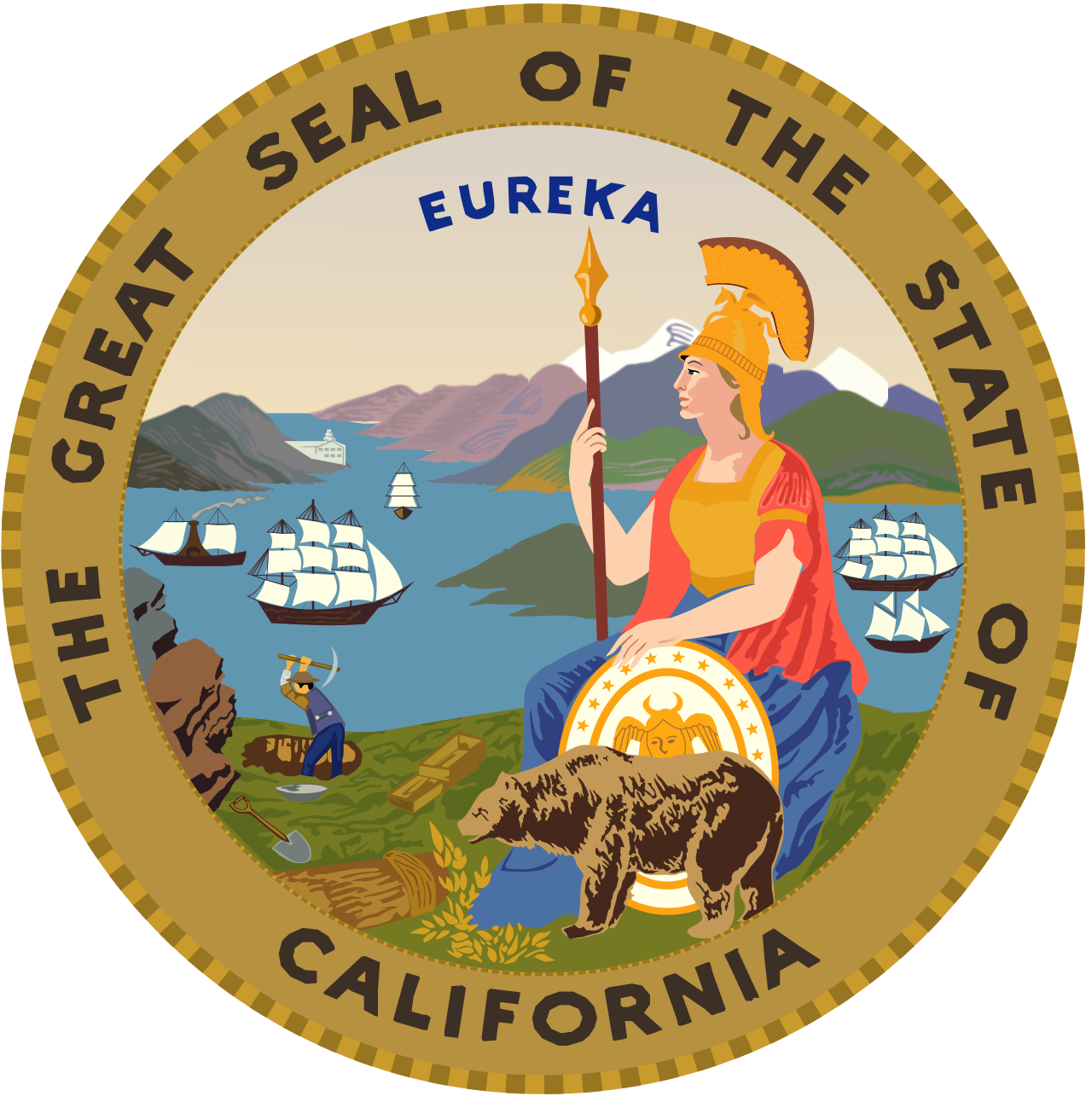- 23 Posts
- 1.46K Comments
 26·1 day ago
26·1 day agoAverage Internet forum experience—saying something true but downvoted because it was said opposition to a popular view

 2·2 days ago
2·2 days agoEither half of this image would function as a standalone meme

 3·2 days ago
3·2 days agoI do not disagree with you on the reasons why women have fewer children. I think there is also a significant cultural shift in the number of children women were supposed to have. In pre-industrual Europe, women were expected to be quickly married and then have lots of children with their husband. Women today can enjoy long careers and fulfilling lives without marriage or a family while such options were not available to women of the past.

 1·3 days ago
1·3 days agoIn the past, people had several children because most would die before adulthood. The 20th century population boom is because better sanitation and healthcare reduced child mortality but it takes at least one generation for women to adapt and have fewer children.

 2·3 days ago
2·3 days agoYes, every US state sells vanity plates. In California it actually was a programme started by a certain actor who was governor at the time and later became one of the most well-known US presidents of the 20th century (Ronald Reagan).

 3·3 days ago
3·3 days agoCan’t say I agree. This is anecdotal but the council installed some camera-like devices on one of the main roads in my city and people got scared of them and slowed down as a result. I don’t think the cameras are actually turned on and issuing fines as I don’t know any people who have gotten a fine from them, but their presence scares people into safer driving.
Automated law enforcement in fields where guilt can be obviously and objectively determined (resist the urge to make a fallacious slippery slope argument) is, on average, a good thing. People’s tendency to bad behaviour is strictly because they think they won’t get caught. Telling people there’s a $500 fine for speeding means nothing because they know the chance of getting caught is in the neighbourhood of 1 in 10,000. Most people speed every day on every road they drive on but they get maybe 1 ticket every other year. But if they know that speeding on one particular road will result in a 90% chance of getting a $50 fine, they’re not going to speed on that road. That’s why the cameras are usually painted bright orange or white—to get people to see them and think “oh shit, I don’t want a ticket; I’d better slow down”.
As long as we have democratic control over our own local governments and strong privacy laws regarding how that data can be used, I do not view misuse of automated number plate recognition systems as a serious threat. In fact, I think it’s probably a net bonus. There’s a show called Police Interceptors which follows British police and it’s absolutely shocking how many stolen cars they recover because someone drove it past an automated number plate recognition camera and it got flagged.

 1·3 days ago
1·3 days agoRandom number plates are still likely to reduce the number of possibilities to just a few, likely visually distinct, cars.

 2·3 days ago
2·3 days agoThat issue is not really the problem of the camera though. That’s like saying you don’t like running water because people have drowned in water before. If the cameras are being misused then that is a political issue.
In my city, the police department operates the cameras and they will send at least one warning before you get a fine unless the violation is very egregious (e.g. double the speed limit in a school zone)

 2·3 days ago
2·3 days agoThe current system does not issue plates with
IorO.

 2·3 days ago
2·3 days agoSomalia does not have a functioning state apparatus to enforce any of its laws in most of the country

 4·3 days ago
4·3 days agoSay what you will about electronic plate readers but they do make speed and red light enforcement and toll collection much easier. And be honest, most people only dislike them because they make it harder to get away with bad driving habits that people previously took for granted that they could get away with.

 1·3 days ago
1·3 days agoI think you’re grossly exaggerating the difficult of memorising alphanumeric number plates:
GL7KKUQTHUP70123WD2C1WWQG21AP92BTQY
These were randomly generated and really not that bad to remember. Especially if the system is designed so that you only need to remember the first/last four or five digits. Compare to these (found at random on the Internet) number plates under a mix of the two current schemes:
752EPS47WMT5139AYE877648GDG6
Edit: What I really mean to say here, is that random number plates makes memorising the entire number plate unnecessary. You can get away with just remembering the first four digits and the car’s make, model, and colour. As long as fewer than 1 million (32^4) cars of the same model and colour are registered, this system guarantees that a car is uniquely identified by its colour, model, and first four of its number plate (i.e. “I was hit by a red Tesla Model X whose plate starts with
EL0N”)

 3·3 days ago
3·3 days agoYou misunderstand. We must plan for the possibility that the population of California will reach 1 billion within the next few years and that each person should be able to register at least 10 cars, just to be safe.

 3·3 days ago
3·3 days agoNooo not the billionaires!

 4·3 days ago
4·3 days agoI guess that’s true but number plates are typically read by cameras anyway. They are primarily used by speed/red light cameras, toll collection systems, and law enforcement.
If you assign random numbers to cars, it’s pretty likely that the last four or five digits plus the make and model of the car will uniquely identify a vehicle or at least narrow it down to just a few possibilities. If the assignment software is smart it could probably even guarantee this uniqueness.

 2·3 days ago
2·3 days agoI’m pretty sure Somalia does not have paid maternity leave

 2·3 days ago
2·3 days agoIt doesn’t matter if there are number plates that already have those letters, but the idea is to stop issuing new ones with them.

 13·4 days ago
13·4 days agoMaybe this is just the computer engineer in me but a new numbering protocol that does not at least 10x the capacity of the previous one doesn’t seem like an improvement.

 69·4 days ago
69·4 days agoEntered the kitchen, complained about it being too hot

















In the US, number plates are in Highway Gothic which is designed to maximise legibility at a distance.
https://en.wikipedia.org/wiki/Highway_Gothic?wprov=sfla1